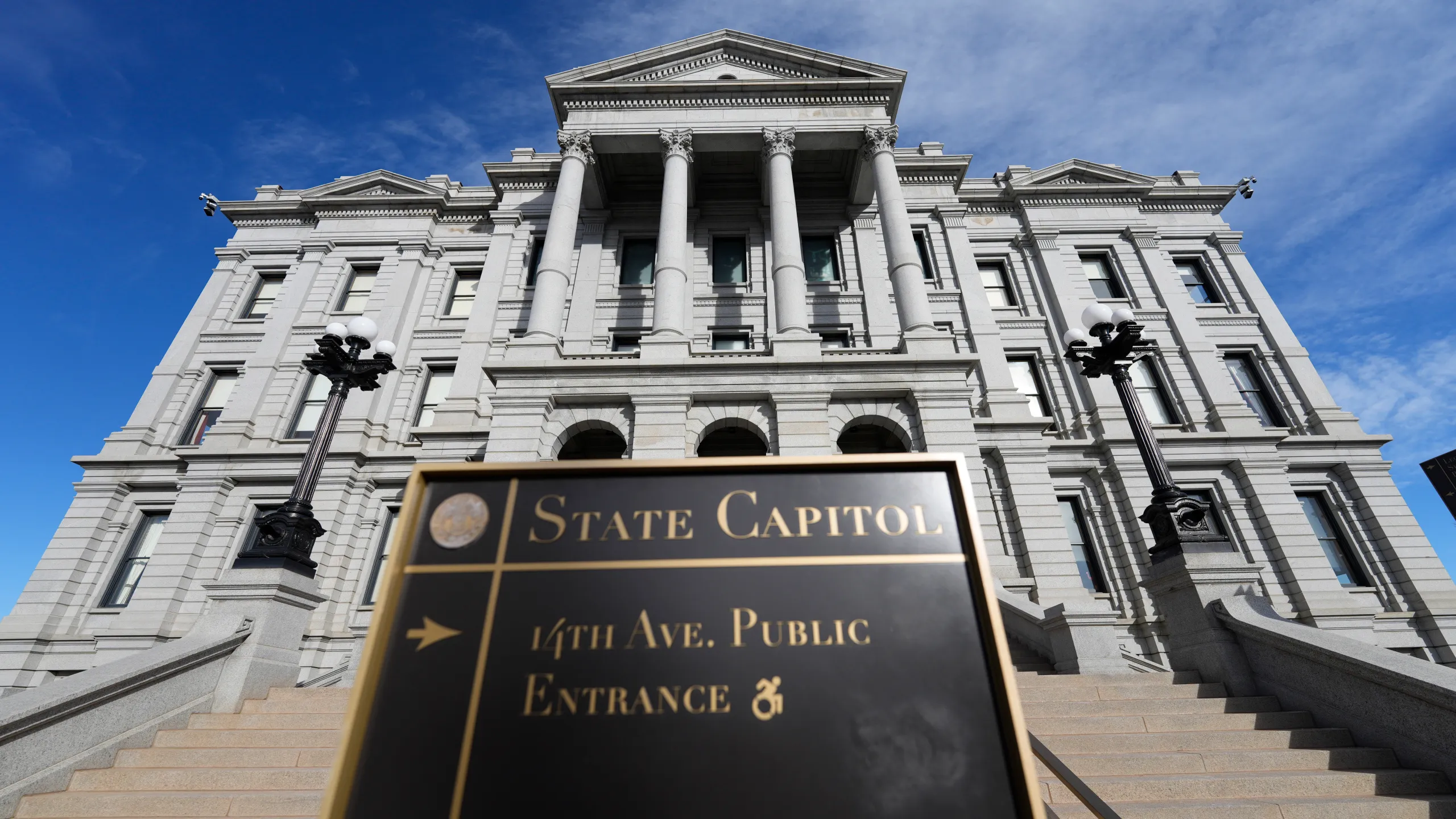In a recent development in Colorado, a bill aimed at banning the sale and transfer of semi-automatic firearms was rejected in the state’s Democratic-controlled Legislature. This decision comes amidst a series of gun control bills being discussed, coinciding with the 25th anniversary of the tragic Columbine High School massacre.
Colorado, with its complex relationship with firearms and a history marked by notable mass shootings, finds itself grappling with the intricacies of gun control debates. Despite the efforts, the proposed ban faced skepticism from some Senate Democrats regarding its effectiveness and scope, particularly in light of existing bans in nine other Democratic-controlled states like California and New York.
Although the Colorado House marked a significant milestone by passing the ban, certain Senate Democrats expressed reservations, leading to its rejection. The proposed ban sought to prohibit the sale, transfer, and manufacture of semi-automatic firearms.
The state’s political landscape has seen a shift towards more progressive policies, evident in the successful passage of various gun control measures last year, including raising the minimum age for purchasing a gun. This year, several proposals are on the verge of approval, including initiatives to introduce taxes on gun and ammunition sales and granting additional authority to the Colorado Bureau of Investigation to probe illegal gun sales.
However, Colorado’s political history, with its blend of Democratic and Republican influences, has posed challenges to broader gun control measures. A decade ago, the state witnessed its first recall elections targeting lawmakers who supported bills related to ammunition magazine limits and expanded background checks.
Reflecting on these dynamics, Democratic state Sen. Julie Gonzales, one of the sponsors of the semi-automatic ban bill, acknowledged the lingering impact of past controversies. Despite the bill’s setback, she sees hope in the House’s approval as a signal for evolving conversations on gun control.
Meanwhile, Democratic state Sen. Tom Sullivan, personally touched by gun violence through the loss of his son in the 2012 Aurora theater shooting, expressed reservations about the proposed ban. He argued that the targeted firearms contribute only marginally to overall gun violence, advocating for a broader approach to address the root causes.
Although the ban proposal is expected to be revisited next year, attention now turns to other pending bills, such as those focusing on enhancing safety training for concealed carry permit seekers and tightening regulations on firearm dealers. These ongoing discussions underscore the complex and multifaceted nature of addressing gun violence in Colorado.















































